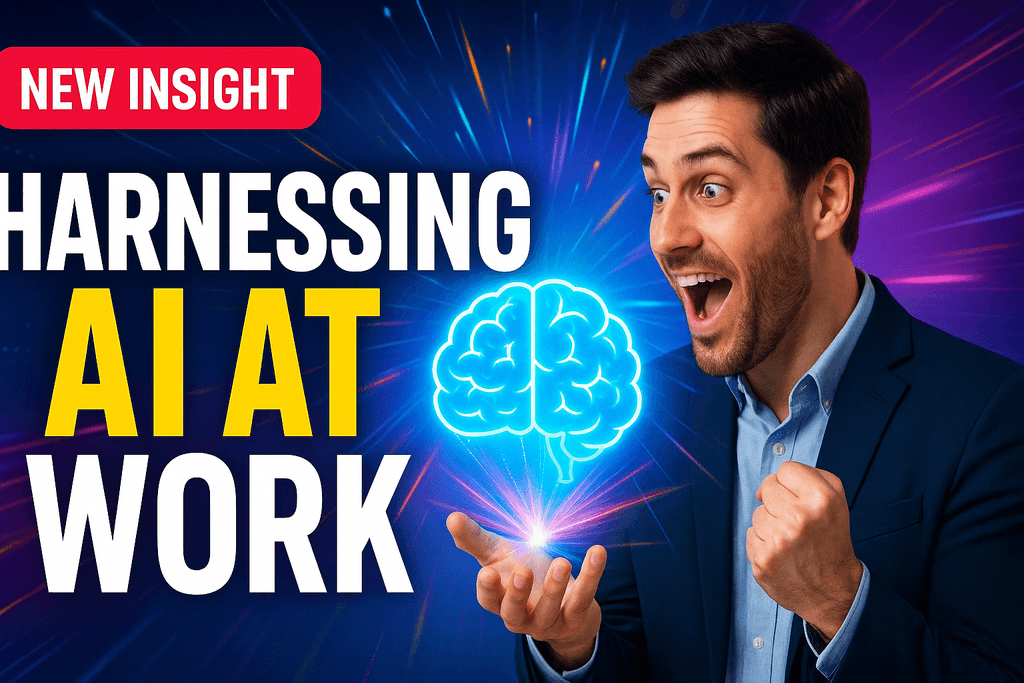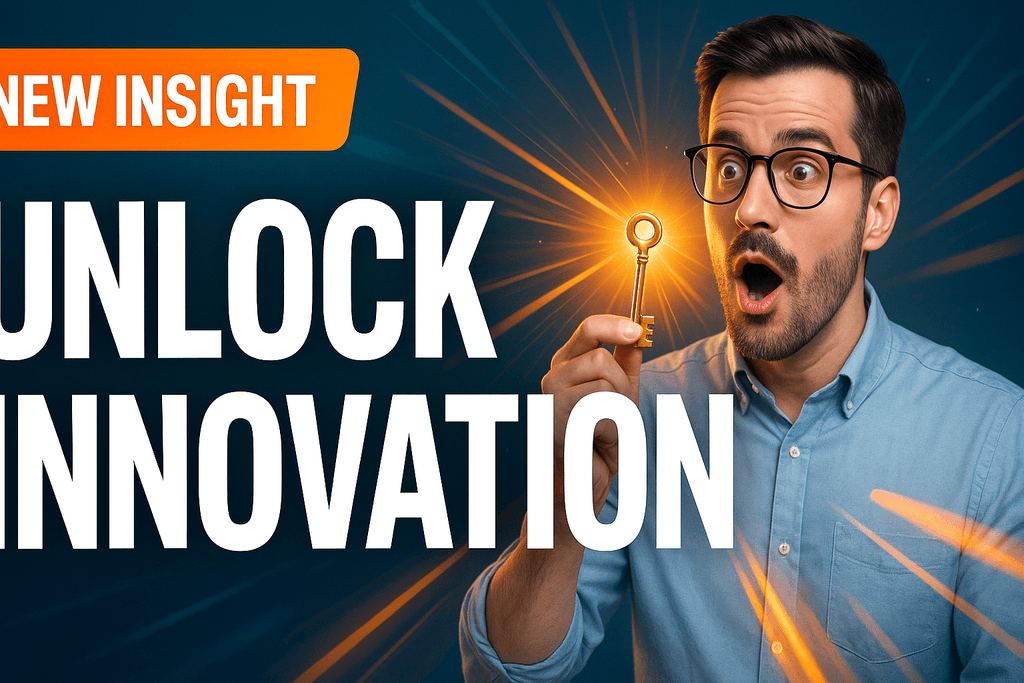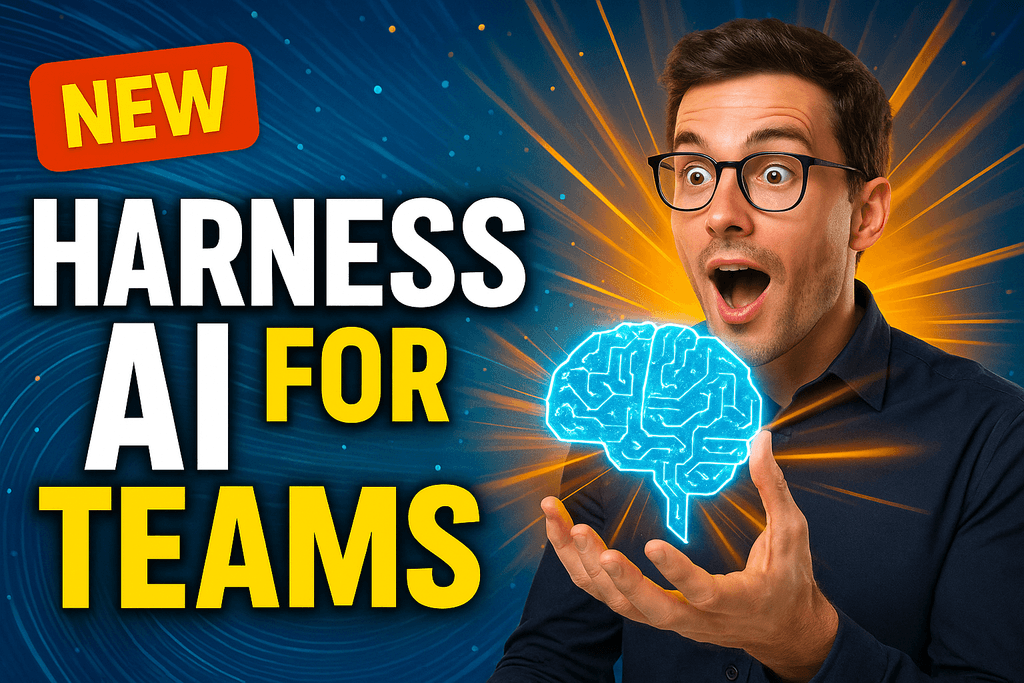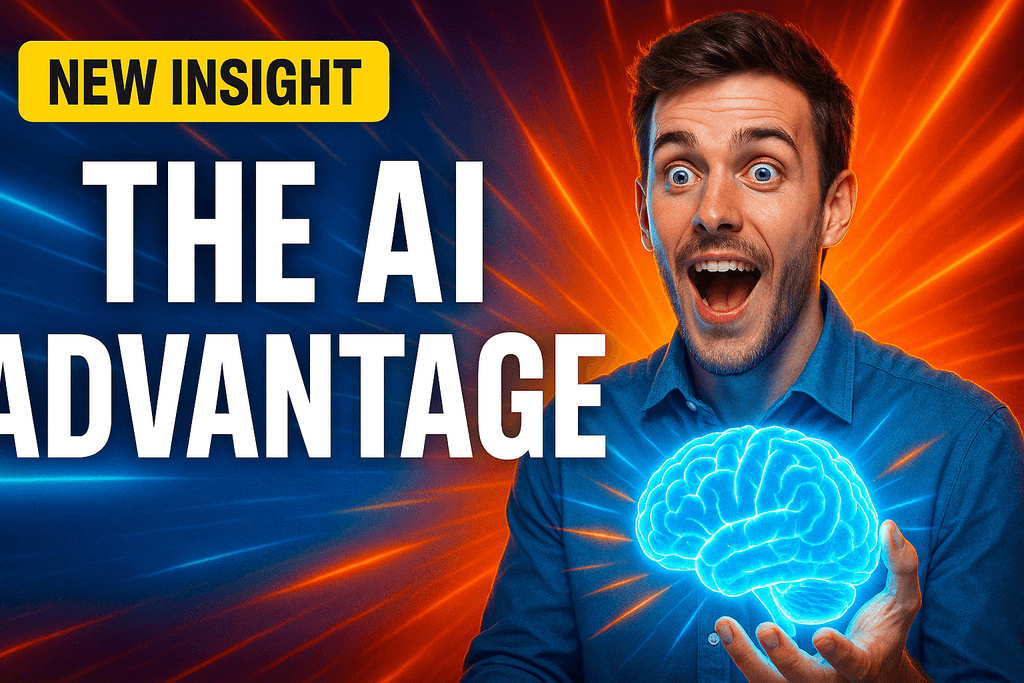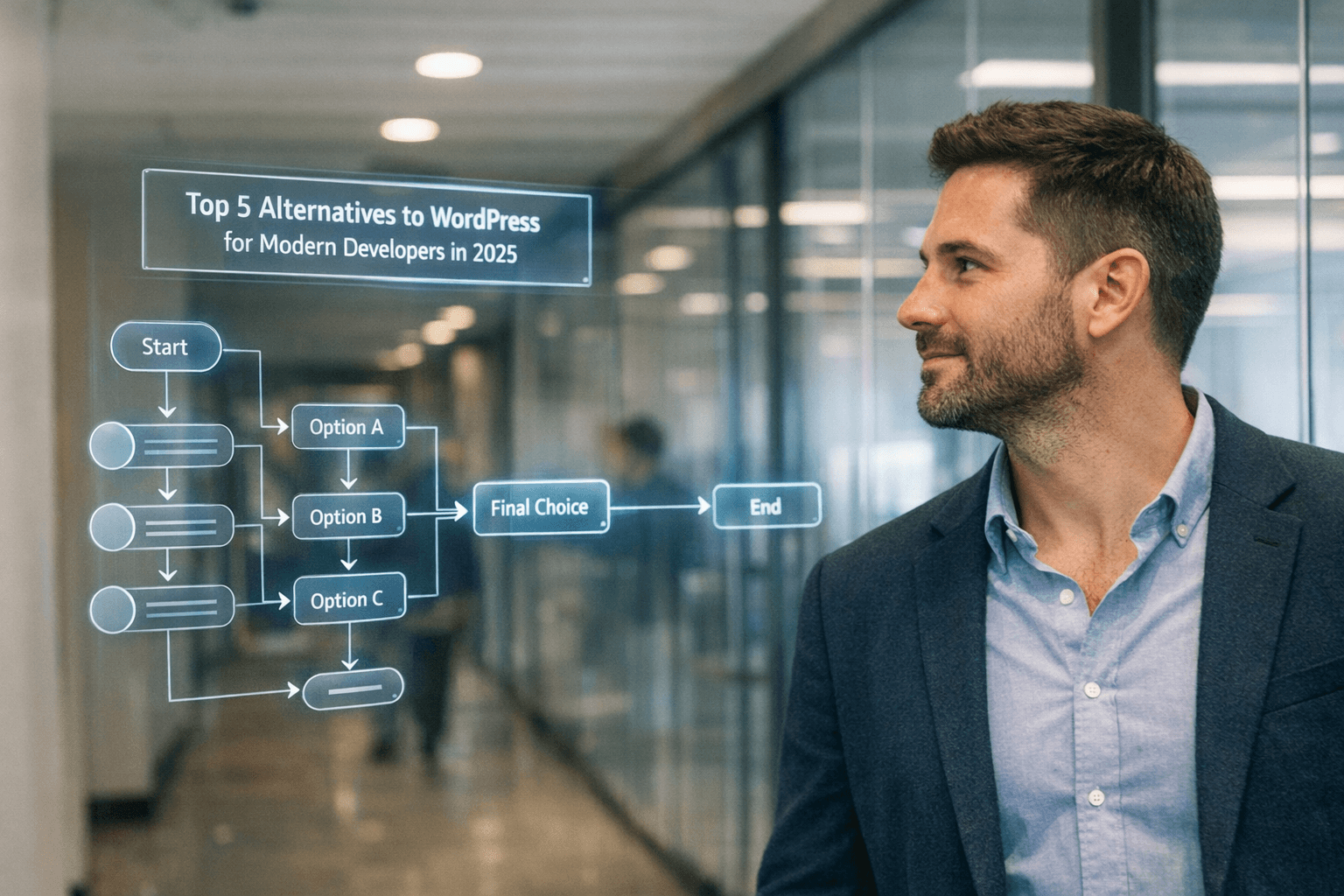
Table of Contents
Introduction
WordPress has been a dominant player in the CMS space for years, but the web development world is rapidly evolving. Modern developers now seek platforms that offer greater flexibility, better performance, and scalability to meet their advanced project needs. From integrating seamlessly with modern frameworks to handling dynamic content, the demand for innovative CMS solutions is higher than ever.
In 2025, the landscape has expanded beyond traditional content management to include AI agents and workflow automation that transform how we build and manage digital experiences. This blog explores the top five WordPress alternatives for 2025, with a special focus on how AI workforce integration and intelligent automation are reshaping the CMS ecosystem.
What Makes a Modern CMS Stand Out in 2025
To keep up with the demands of developers and businesses, a modern CMS should excel in these areas:
Flexibility: Support for unique designs, workflows, and integrations with AI agents and automation systems.
Performance: Optimized for speed and seamless content delivery across multiple channels.
Scalability: Capable of handling projects of any size with intelligent resource allocation.
Developer Tools: APIs, SDKs, and support for frameworks like React and Vue, enhanced by AI workflow automation.
Security: Strong protection against vulnerabilities and threats with AI-powered monitoring.
AI Integration: Native support for AI agents that can automate content creation, data processing, and workflow orchestration.
These features form the foundation of next-generation CMS platforms that don't just manage content but actively participate in business processes through intelligent automation.











